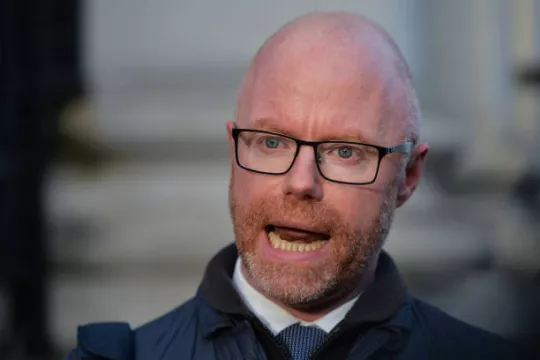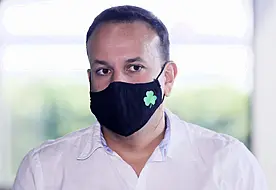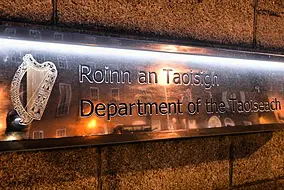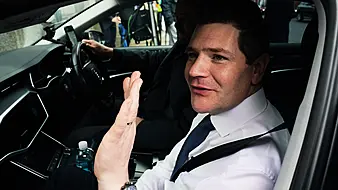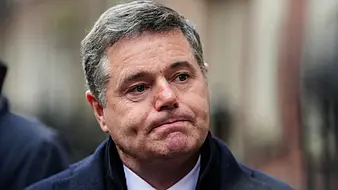Minister for Health Stephen Donnelly has said that the Government’s assessment of easing restrictions after April 5th will identify a number of areas which are considered to be low risk.
The Government has to “figure out the correct response” he told RTÉ radio’s Morning Ireland.
The main issue was to protect the progress made to date, even if that progress had “hit the floor” in recent days, he said.
The success of the vaccination programme in care home settings and among frontline workers had seen “significant reductions” in cases.
Mr Donnelly said that the Government was not waiting until April 5th to make preparations - the mandatory quarantine system was being launched this week, PCR testing at local level was being considered along with ongoing visible enforcement by gardaí while also engaging with employers and the education sector.
“We've got to protect the progress made and coming up to April 5th we will see where we’re at.”
We have to focus on suppression, quarantine, vaccination.
The Minister said he wanted to make life easier for people who were exhausted. Low risk activities were being examined while the State “drives on” with the vaccination programme.
When asked if all classes in schools would reopen after Easter, Mr Donnelly said that he had not been involved in any conversation that suggested schools would not all reopen after Easter.
“If we can continue to suppress the virus, we will have more options. We have to focus on suppression, quarantine, vaccination.”
Pubs
Meanwhile, the chief executive of the Vintners Federation of Ireland, Padraig Cribben, has also called on the Government to provide a ‘road map’ to indicate what conditions will be required for pubs to re-open.
Speaking on RTÉ's Today with Claire Byrne, Mr Cribben said his members needed time to prepare, while breweries needed time to recommence production.
“We are not suggesting that the Government should give us a date for re-opening,” he said, but it should give an indication of the level of vaccination required and the levels at which community transmission and hospitalisation needed to be at for pubs to re-open, he added.
There had been so many “mixed messages” coming from the Tánaiste and the Taoiseach which was creating unnecessary uncertainty, Mr Cribben said: “Tell us the conditions that need to be in place, so we’re not getting one guy telling us one thing and the other saying something else.”
He pointed out that many pubs had been closed for 12 months and for some owners “the mental pressure of that is alarming.”
Two things were in very short supply in the sector - cash and hope, he said.
Pub businesses accepted that public health must come first, but this must be done against the background of “treating people as adults” and they needed to hear the conditions under which they could get their businesses up and running again.
It was not just about the 7,000 publicans - it was about their 50,000 staff, “the musicians who play in the pubs, the comedians who use them as venues, the engineers who fix the refrigeration and the local suppliers who provide food and drink,” Mr Cribben said.
